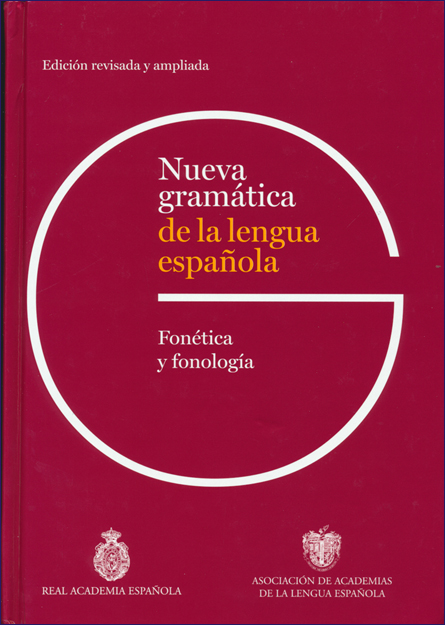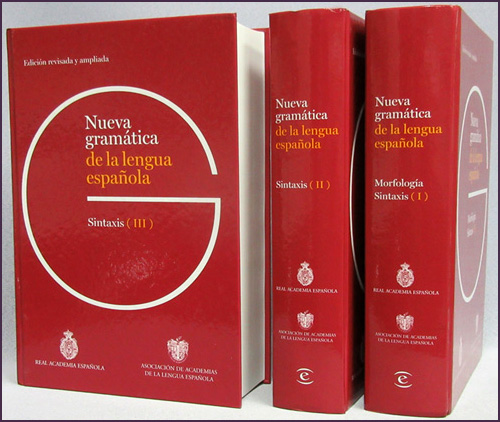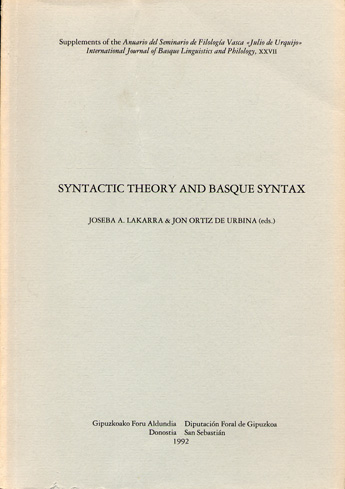Syntactic Theory and Basque Syntax ∥ Lakarra, J.A. & Ortiz de Urbina, J.(eds.)
-----------------------------------
ISBN13: 9788479070946
-----------------------------------
サイズ: 17 x 24 x 3 cm
-----------------------------------
頁 数: 512 pgs.
-----------------------------------
装 丁: paper cover
-----------------------------------
出版社: Universidad del Pais Vasco
-----------------------------------
発行年: 1992
-----------------------------------
発行地: Bilbao
-----------------------------------
双書名: Supplements of Anuario del Seminario de Filologia Vasca de Julio de Urquijo, 27
-----------------------------------
書籍状態: 経年変化による軽度な表紙の変色
追加情報: ※ 詳細PDFリンク
[対象地域、研究分野]
バスク語圏/バスク語学、生成統語論、類型論、文法理論研究。対象はバスク語の統語構造を研究する言語学者、生成文法・類型論の専門家、非インド・ヨーロッパ語の文法研究に携わる研究者です。
Description:
This volume presents a series of articles dealing with questions of current interest within the field of generative syntax. If syntax has played a central role in the development of linguistic theory in the second half of this century, it seems clear that generative approaches occupy a central position in the area of syntactic research. Actually, it is to a large extent as a result of concerns addressed within the generative paradigm that syntax has emerged as the single most important field in theoretical linguistics. Since the publication of Chomsky’s Syntactic Structures back in 1957, the ‘generative enterprise’ has managed to provide an appealing research program which has unified and guided the activity of a growing number of linguists.
The generative paradigm found an early echo in the Basque Country, and, for example, the late Mitxelena was among the first linguists, if not the first, to quote Chomsky in Spain. De Rijk’s 1968 MIT thesis on Basque relative clauses and the publication of a descriptive generative grammar of Basque in Basque, Goenaga’s Gramatika bideetan, in 1978 triggered the beginning of what is by now a fully established academic tradition. ASJU-International Journal of Basque Linguistics and Philology was also highly responsive to these developments, and already as early as 1972 produced a special issue devoted to American contributions to Basque generative studies. - From Preface
INDEX:
Preface......9
Xabier Artiagotia: Why Basque doesn’s Relativize Everything.....11
J.-Marc Authier, Arbitrary Null Object Languages in a Parametric Theory of Linguistic Variation......37
Noam Chomsky: Some Notes on Economy of Derivation and Representation......53
Heles Contreras: Superiority and Head Government......83
Joseph Emonds: The Autonomy of the (Syntactic) Lexicon and Syntax: Insertion Conditions for Derivational and Inflectional Morphemes......91
Jon Franco: Towards a Typology of Psych Verbs: Evidence from Spanish......19
Jacqueline Gueron: Inalienable Possession and Locative Aspect......135
Ken Hale & Jay Keyser: Lexical Categories and the Projection of Argument Structure......147
Itziar Laka: Negative Complementizers: Evidence from English, Basque and Spanish......175
Laszlo Maracz: Minimality Effects in Hungarina......213
Amaya Mendikoetxea: Some Speculations on the Nature of Agreement......233
Pieter Muysken: A Note on Inflected Quantifiers in Quechua......263
Javier Ormazabal: Asymmetries on Wh-movement and Specific DP-s......273
Jon Ortiz de Urbina: Interrogative Discharge and the Wh-criterion in Basque......295
Beñat Oyharçabal: Structural Case and Inherent Case Making: Ergaccusativity in Basque......309
Georges Rebuschi: Absolute and Relativized Locality in the Binding Theory......343
Maria Luisa Rivero: Patterns of V-raising in Long Head Movement, and Negation: Serbo-Croatian vs. Slovak......365
Luis A. Saez: Comparison and Coordination......387
Juan Uriagereka: The Syntax of Movement in Basque......417
Myriam Uribe-Etxebarria: On the Structural Positions of the Subject in Spanish, their Nature and their Consequences for Quantification......447
Karen Zagona: Tense-Binding and the Construal of Present Tense......493
Topic Index......503
Autor Index......507
-

RAE(スペイン王立アカデミー)とASALE(スペイン語アカデミー協会)が共同編集した改定新版「アカデミア最新スペイン語文法」シリーズ(既刊3巻)。2025年10月に刊行された本書は、その第4巻(最終巻)です。 2011年版の 555頁から 新版は 700頁余と大幅に改訂増補 !!
※ スペイン語の音声を体系的に理解するための資料として、研究者、教育関係者、上級学習者に不可欠であり、大学図書館・研究室にも必須の一冊です。
※ 大幅な改訂と更新: 旧版以降に進んだ最新の研究成果、特に言語の「バリエーション」に関する知見を全面的に反映。技術の進歩を活用し、内容の理解を助けるための工夫が凝らされています。
※ 具体的な革新点: 知覚音声学への配慮、第1章の全面的な書き直し、イントネーションを扱う第10章の大幅な改訂、QRコードによる発音サンプルの導入、補足的な参考文献の追加など。- Nueva gramática de la lengua española: Fonética y fonologia ∥ R.A.E.
- ¥16,500
-

※ スペイン王立アカデミーとASALE(スペイン語アカデミー協会)が共同編纂した、スペイン語の語彙の歴史を包括的に記録する辞書。語源・形態・意味の変化を詳細に解説しています。
※ DHLE(スペイン語歴史辞典)プロジェクトは現代のデジタル技術と国際的な共同作業体制を駆使して進行中の画期的な取り組み。
※ 10巻本・合計2万ページ超となる今回の紙書籍版(印刷版)は本プロジェクトの記念碑的な出版物。図書館・研究室の重要資料として長期保存の価値が高い文献になります。今後の更新はデジタル版に移行する見込みで、今回の書籍版は将来入手困難になることが予想されます。
※ 全10巻のうち、第1~3巻は現在では入手困難な1960年~1996年版(a-apasanca、b-bajoca)の復刻版です。過去の貴重な学術的成果であり、一次史料としての価値が高いものです。
※ 第4~10巻は2005年以降に進められたデジタル版DHLEから代表的な項目を抜粋して構成。
収録内容はスペイン語語彙史研究の最新成果を反映し厳選されています。- Diccionario histórico de la lengua española. in 10 vols. ∥ R.A.E. ※ 年度末セール特価 ※ 在庫品先着一名様限り 即納可!
- ¥186,120
-

好評発売中!!
第2版 増補改訂版3巻本 「アカデミア最新スペイン語文法」。2009年に2巻本として出版されてから16年、さらに広く深く、スペイン語圏全体のスペイン語を総合的に扱うスペイン語文法書の決定版です!
本書はスペイン王立アカデミー(RAE)とASALE が共同で編纂した最新のスペイン語文法を、より精緻に再構成した改訂増補版であり、形態論から統語論に至るまで、スペイン語の構造を体系的かつ包括的に示す研究書です。従来版よりも内容説明が充実し、分析の明確化、現象の地理的・社会的分布に関する情報の拡充、さらに学習者・研究者双方に配慮した丁寧な解説が加えられています。全3巻・約5000頁に及ぶ大部の構成は、汎ヒスパニック的視点を重視し、スペイン語圏全体の多様性を踏まえた記述を特徴としています。記述文法と規範文法の両面を兼ね備え、学術研究・高度教育機関において必携の基礎資料となる一冊です。- Nueva gramática de la lengua española - Edicion revisada y ampliada in 3 vols. ∥ Real Academia Española
- ¥48,400

